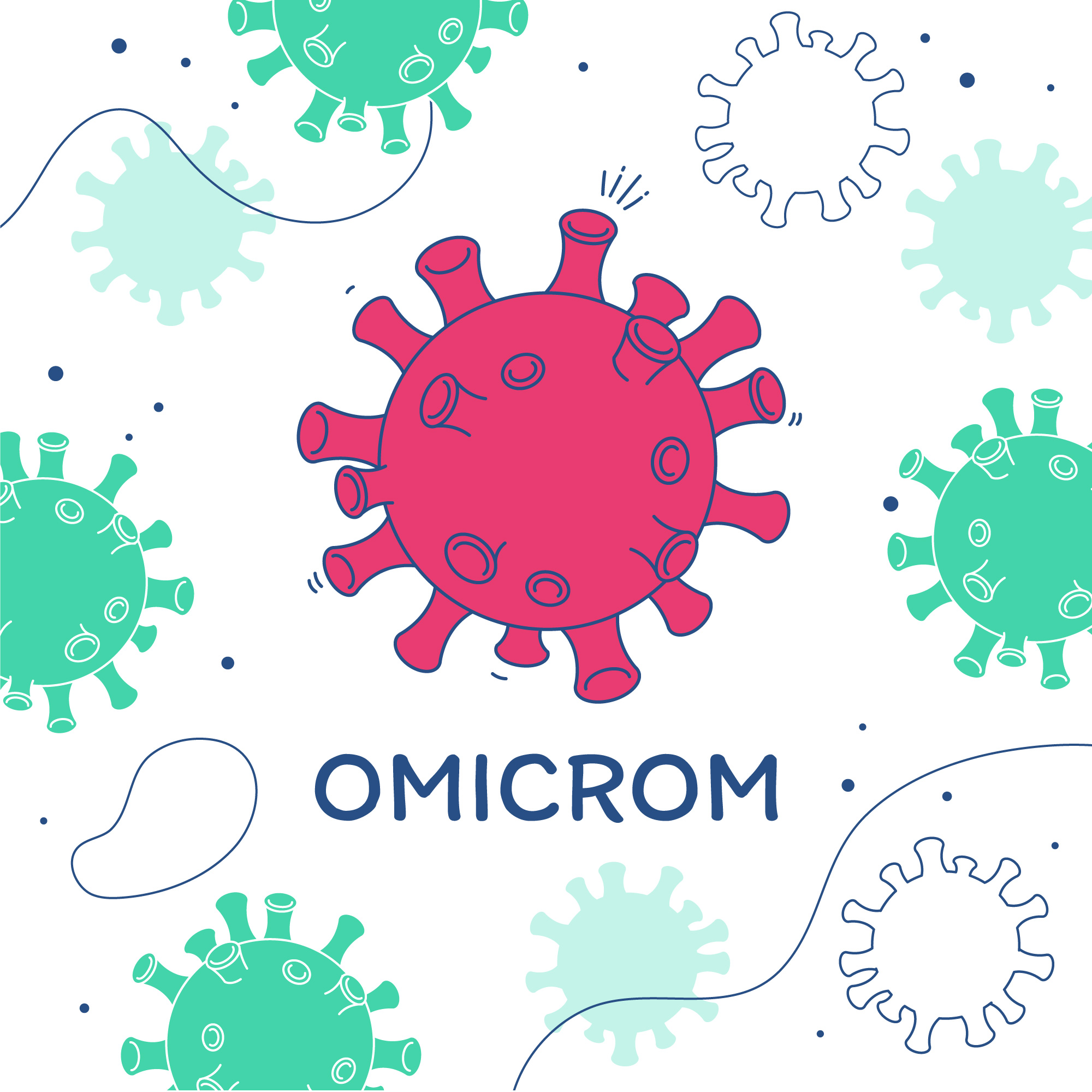The Omicron variant has been detected in more than 40 countries as of December 2, 2021, according to the WHO. Some of these countries include South Africa, Botswana, Namibia, Zimbabwe, Mozambique, Malawi, Lesotho, Eswatini, Nigeria, Ghana, Egypt, Israel, Belgium, Netherlands, Germany, France, UK, Italy, Spain, Portugal, Denmark, Norway, Sweden, Finland, Switzerland, Austria, Czech Republic, Greece, Turkey, Canada, US, Brazil, Chile, Australia, Japan, South Korea, India.
The Omicron variant was first reported by South Africa on November 24, 2021, after it was detected in a surge of cases in Gauteng province. It was also found in Botswana, where it was linked to a cluster of cases among travelers from Europe.
The Omicron variant has been designated as a variant of concern by the World Health Organization (WHO) on November 26, 2021, due to its potential to increase transmission, evade immunity, and cause severe disease.
How dangerous is the Omicron variant?
- The Omicron variant is still under investigation and there is limited data on its characteristics and impact. However, some preliminary evidence suggests that it may pose some challenges for public health and medical interventions.
- The Omicron variant may be more transmissible than other variants, meaning that it can infect more people faster and easier. Some studies have estimated that it may be two to three times more contagious than the Delta variant .
- The Omicron variant may be able to evade some of the immunity conferred by previous infection or vaccination, meaning that it can infect people who have already recovered from COVID-19 or have been fully vaccinated. Some studies have suggested that it may reduce the effectiveness of vaccines by up to 40%6 .
- The Omicron variant may cause more severe disease or complications than other variants, meaning that it can lead to more hospitalizations or deaths. However, there is no conclusive evidence on this aspect yet and some early reports indicate that most cases are mild or asymptomatic.
How can we protect ourselves from the Omicron variant?
- The best way to protect ourselves from the Omicron variant is to follow the same preventive measures that have been recommended for COVID-19 since the beginning of the pandemic. These include:
- Getting vaccinated and boosted as soon as possible. Vaccines are still expected to provide some protection against the Omicron variant, especially against severe disease and death .
- Wearing a mask or face covering when in public or indoor settings where social distancing is not possible. Masks can help reduce the risk of exposure and transmission of the virus.
- Practicing good hygiene habits such as washing hands frequently with soap and water or using alcohol-based hand sanitizer. Hands can carry germs that can infect ourselves or others.
- Avoiding large gatherings or crowded places where social distancing is not possible. Crowds can increase the chances of exposure and transmission of the virus.
- Staying home if sick or experiencing any symptoms of COVID-19 such as fever, cough, shortness of breath, loss of taste or smell, etc. Symptoms can indicate an active infection that can spread to others.
- Getting tested regularly and isolating if positive for COVID-19. Testing can help identify and confirm cases and prevent further spread of the virus.
- Following the travel restrictions and guidelines issued by the authorities. Travel can increase the risk of exposure and transmission of the virus and contribute to the spread of variants.



